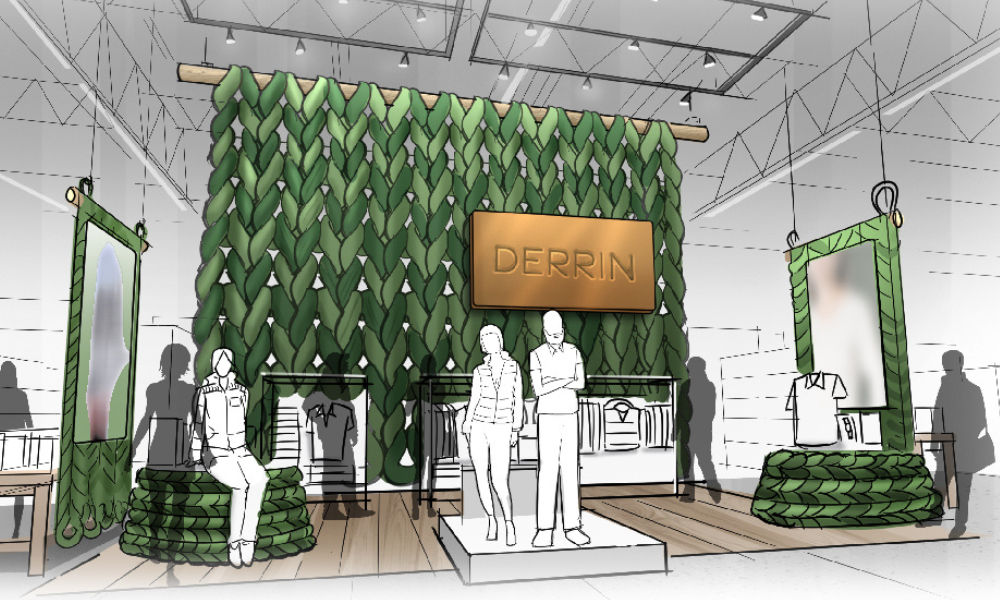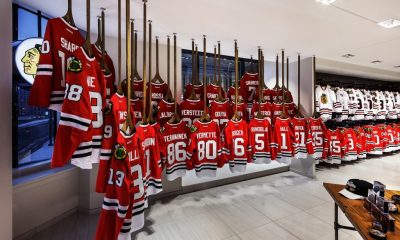Levi Strauss & Co. will juggle between 600 and 800 shop locations this year in its current rollout of Levi's ®, Slates® and Dockers ® brand environments.
Jiffy Lube's rollout of its new “lounge concept” to 250 stores in the first quarter of 2001 will require the close and rapid coordination of a large cast of vendors, architects, store managers, shippers, builders and internal staff.
In fact, any time a retailer launches a rollout, it requires planning, procurement, fabrication, shipping, installation and maintenance of thousands of fixtures and other store decor elements. Managing these huge programs manually — using low-tech systems ranging from file folders to three-ring binders — is tedious, time-consuming and often inefficient.
But new web-based technology might make procuring and rolling out complex retail programs easier. Retailers can post Requests for Qualifications (RFQs) and hold reverse auctions online, search industry databases to identify vendors and track elaborate rollouts using retail-specific project-management programs.
Online sites like estorefixture.com (an online bidding and procurement site) and Wiseconnect.com (a retail-specific project-management platform) claim to save retailers time and money by streamlining communications. “We're finally using the web for what it's best at,” says Juan Arellano, vp of information technology for estorefixture.com. “Targeting a specific niche like the retail industry and providing a faster, more efficient, more accurate system of communication within that application.”
Advertisement
THE BUYING CHAIN
Kenneth Cole Menswear (New York) will roll out new fixtures and graphics to about 250 doors this year — a big project-management job for its small in-house staff.
And the job is only getting bigger. The company is in the midst of rolling out a new retail identity that encompasses both its brands — Kenneth Cole and Reaction — and will eventually touch most of its 1300 shops, says Olin Lancaster, company president.
The company's rapid growth and the magnitude of the rollout led Lancaster to hire Fixture Perfect International (FPI, Houston) in a project-management role, and to use estorefixture.com, FPI's sister company, to facilitate the bidding process.
Estorefixture.com allows retailers to post RFQs online and receive bids from a database of 400 prequalified manufacturers. For Kenneth Cole Menswear and other clients, shortening the RFQ cycle saves time and money because project specifications and drawings are posted online and don't have to be mailed, faxed or delivered overnight to multiple bidders.
Retailers provide basic RFQ specifications, and estorefixture.com produces the final bid package — including standardized specs, CAD drawings and three-dimensional and interactive renderings that give bidders a detailed perspective of the final product. Then the approved bid package is posted online for qualified manufacturers to view and bid on.
Advertisement
The result is more accurate bids, according to David Bradshaw, estorefixture's vp of operations. “We know that vendors can bid more accurately if the information is consistent, complete and in a format they can all view,” Bradshaw notes. “Bad bids cost the retailer and the vendor in the long run. This information helps retailers tremendously because their staffs are getting smaller.”
Once a project has been posted online, estorefixture searches its database for pre-qualified vendors (screened for experience, manufacturing capabilities, client references and financial stability). Retailers can view the manufacturers'profiles online and determine from whom they want to receive bids. Approved bidders are notified by e-mail and have 72 hours to decide if they want to prepare a formal bid.
Lancaster says estorefixture's “chat forum,” which allows bidders to communicate online, avoids the usual avalanche of phone calls and faxes from bidders asking questions. “Everything is posted online and everyone sees the same thing.”
Retailers also benefit from the value-engineering suggestions vendors make during the bidding process. “If we can save a little bit of money using an alternative material, it adds up when you're making thousands of fixtures,” he says.
When the bidding is closed, retailers receive bid comparisons that can be sorted in a number of ways. And once they've chosen a vendor, the system also allows retailers to place their orders online. Retailers are not charged for using the system, says Bradshaw, but manufacturers pay a commission based on the volume of sales resulting from the bids.
Another site, displayindex.com, is less a bidding venue than a trade resource for the p-o-p display and store design industries, according to Benjamin Cohen, marketing associate and one of the company's founders. Its main feature is “Marketplace,” which allows buyers to post messages about projects and receive enquiries from suppliers. A searchable database allows buyers to identity potential vendors. “If you need a metal and wire supplier in South Carolina, you can find one by searching our database,” explains Cohen.
Advertisement
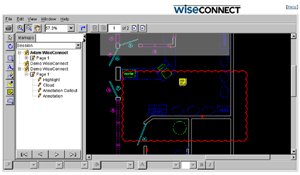

 Photo Gallery1 week ago
Photo Gallery1 week ago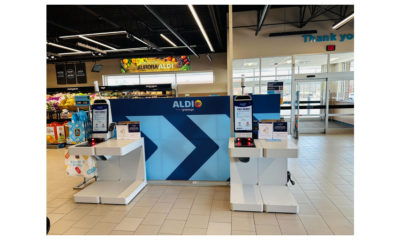
 Headlines1 week ago
Headlines1 week ago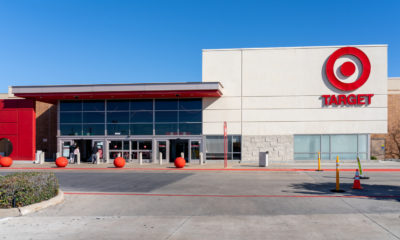
 Headlines2 days ago
Headlines2 days ago
 Headlines1 week ago
Headlines1 week ago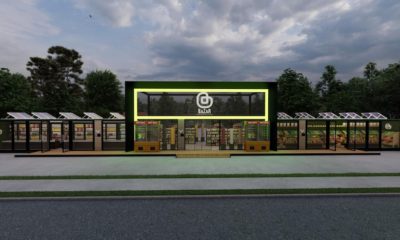
 Headlines1 week ago
Headlines1 week ago
 Designer Dozen2 weeks ago
Designer Dozen2 weeks ago
 Designer Dozen6 days ago
Designer Dozen6 days ago
 Headlines1 week ago
Headlines1 week ago

